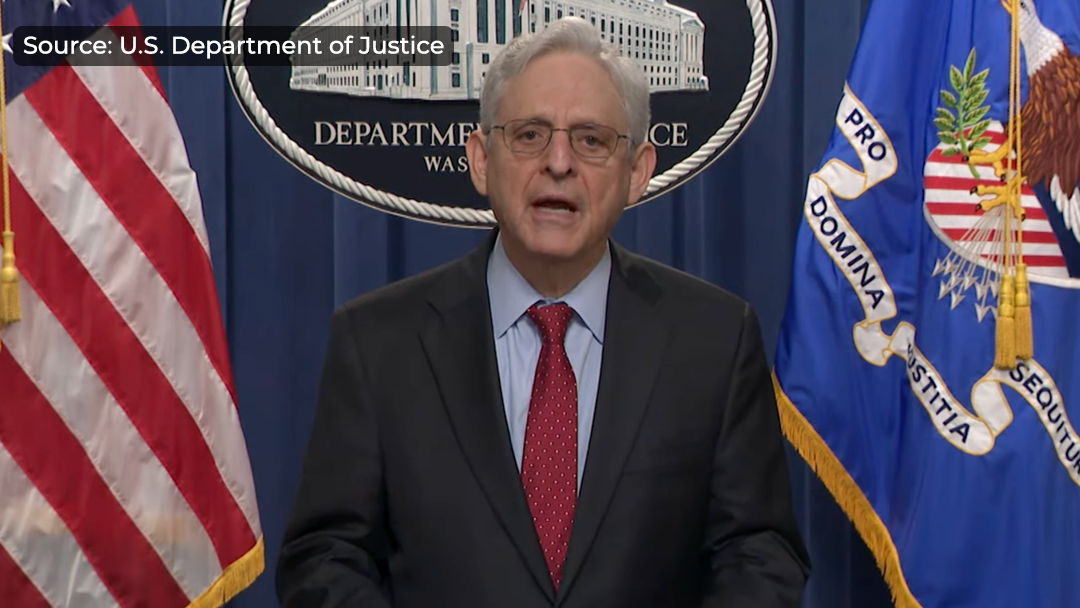The Justice Department stood alongside its federal partners and the American Indian and Alaska Native (AI/AN) communities in acknowledging May 5 as National Missing or Murdered Indigenous Persons (MMIP) Awareness Day. This day serves as a poignant reminder of the ongoing crisis facing Indigenous communities and the need for concerted action.
Attorney General Merrick B. Garland has underscored the department’s unwavering commitment to combating the MMIP crisis, alongside tackling human trafficking and pressing public safety challenges like the fentanyl crisis affecting Tribal communities. The department’s efforts are not only about enforcement but also about honoring the lives affected and seeking justice for those who have been stolen from their communities.
Source: U.S. Department of Justice
Attorney General Garland remarked, “There is still so much more to do in the face of persistently high levels of violence that Tribal communities have endured for generations, and that women and girls, particularly, have endured.” He emphasized the importance of partnerships with Tribal communities to end this crisis and promote safety and justice.
The U.S. Attorney’s Office for the District of Arizona, under the leadership of United States Attorney Gary Restaino, has been actively involved in raising awareness and addressing MMIP cases. Participating in events such as the MMIP Awareness event at the Arizona State Capitol in Phoenix and the National Missing and Murdered Indigenous Peoples Day of Awareness Symposium at the University of Arizona, the office is committed to supporting victims and their families.
Last July, the Justice Department launched the MMIP Regional Outreach Program, placing attorneys and coordinators in strategic regions across the country to enhance prevention and response efforts. This program aligns with directives from the Deputy Attorney General and Executive Order 14053, focusing on improving public safety and addressing the crisis of missing or murdered Indigenous people.
Responding comprehensively to the MMIP crisis, the department collaborated with the Not Invisible Act Commission (NIAC) to develop strategies to combat human trafficking and violence against Indigenous communities. This joint response recognizes the need for a holistic approach to resolve longstanding issues and support healing within Indigenous communities.
The department’s efforts also extend to addressing violent crime and the fentanyl crisis in Indian Country. With research highlighting the interconnectedness of these challenges, federal law enforcement components are intensifying partnerships with Tribal law enforcement to protect vulnerable communities and combat drug-related crimes.
In addition to these efforts, the department has awarded significant grants to enhance Tribal justice systems, combat domestic violence, support youth programs, and strengthen victim services in Tribal communities. These initiatives reflect the department’s ongoing commitment to promoting safety, justice, and well-being in Indigenous communities across the nation.








